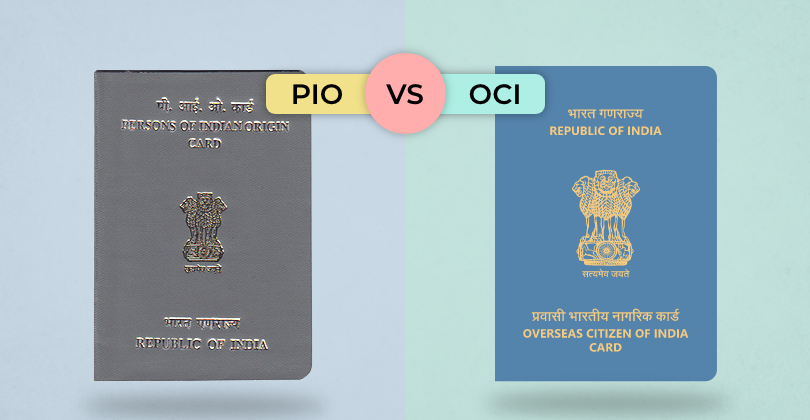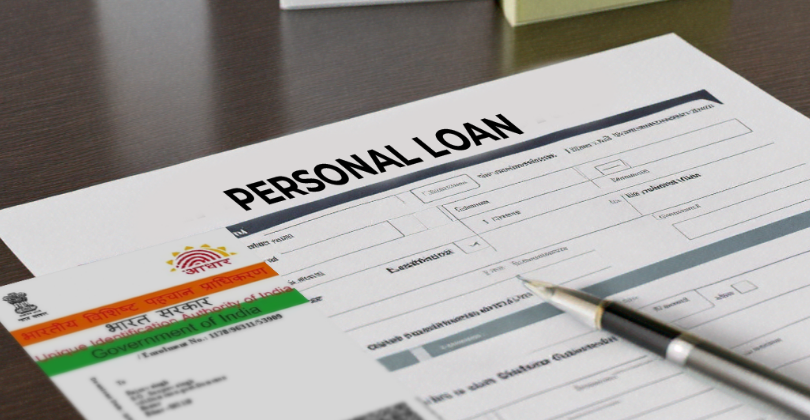Are you of Indian origin and living abroad? You've probably come across terms like PIO and OCI. These cards offer different benefits, but it can
Today, most people are aware of the convenience that a Personal Loan offers in terms of taking care of unexpected and unforeseen expenses and in times of financial need. While a Personal Loan comes with a high rate of interest (because it is an Unsecured Loan), one cannot deny that it is also its best feature. Banks and financial institutions don’t monitor the use of such loans; therefore, customers can take care of a variety of unexpected cash expenses or financial emergencies using Personal Loans. They can range from planning a holiday/trip, taking care of repairs/renovation of any kind, paying off various bills, to events like a birthday/wedding celebration. This way, Personal Loans are genuinely multi-purpose loans.
But can these multi-purpose loans provide tax benefits as well? Well, not really. A Personal Loan is not taken for a specific purpose, like say, a Home Loan.
Home Loans offer tax benefits and deductions under two different sections of the Income Tax Act. Each section provides a separate limit of tax deduction depending upon the purpose for which the Home Loan is being used. Firstly, there is a maximum limit of ₹1.5 Lakhs on tax deducted for the repayment of the principal amount of the Home Loan, under Section 80C. Secondly, if you’ve taken a Home Loan for the repair/renovation/reconstruction/purchase of property, then you can claim a tax deduction where your income from house property will be reduced by the total interest amount that you’ve paid on your loan, up to a maximum limit of ₹2 Lakhs.
However, having said this, it is not true that only actual Home Loans are eligible for the tax benefit. If you take a Personal Loan and use the funds to purchase a house, you can claim the tax deductions that have been outlined above as well. You just have to make sure you remember and fulfill the following conditions:
If you’re taking a Personal Loan to construct a house, you can only claim tax benefits after the house has been fully built.
The house property must be acquired (in case of a purchase) or constructed within 5 years after the end of the financial year in which the Home Loan was initially taken.
The house property cannot be sold/transferred within five years after the end of the financial year in which the customer obtained possession.
You must be able to furnish proof to support the purpose of availing the Personal Loan. For example, if it was for the construction of a new house, you must be able to produce labor and wage bills for the manual labor involved. Similarly, if you used the Personal Loan to make the down-payment on a new house, then you must have the necessary documents required to prove it.
There you have it. As long as you follow the above conditions while using your loan to construct/acquire house property, you will be able to claim significant tax deductions. However, you should also be careful and explore all your options while selecting the best type of loan to get your dream home. This is because Personal Loans are unsecured and come with a high rate of interest. Tax benefits or not, make sure you take an informed choice and read all the terms and conditions of the loan carefully before going ahead with it.
AUTHOR
KreditBee As a market leader in the Fintech industry, we strive to bring you the best information to help you manage finances better. These blogs aim to make complicated monetary matters a whole lot simpler.







